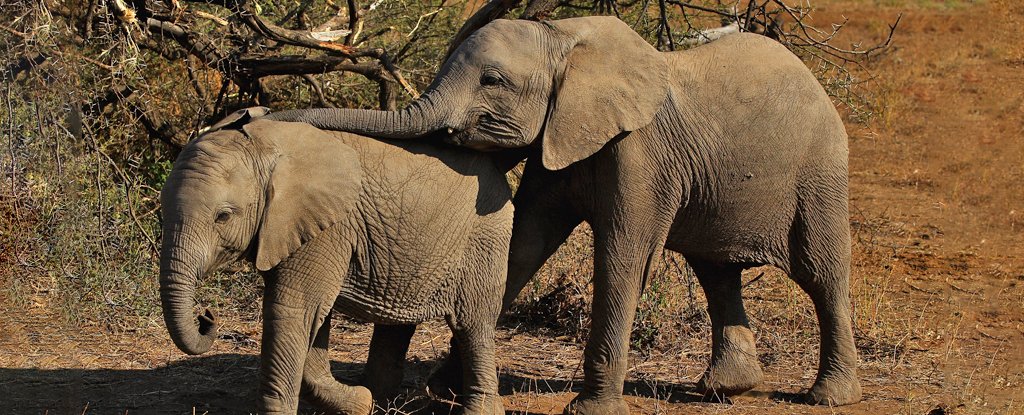Products You May Like
Disturbing reports of a mass elephant die-off have emerged from Botswana over the last two months, with more than 350 elephant carcasses spotted since May.
Some of the elephants were found face down, suggesting a sudden collapse. Most of their bodies were located around water sources in the northern parts of the Okavango Delta, a protected area for elephants and a study site called NG11. No similar deaths have been reported in nearby Namibia.
Botswana has the world’s largest elephant (Loxodonta africana) population, with more than 135,000 individuals. But worldwide these majestic animals are in decline.
While poachers are known to use cyanide to poison elephants in Zimbabwe, this has been deemed unlikely in this particular case, because the elephants remained intact with their full tusks, and scavengers like hyenas, lions and vultures have not been found dead after eating the carcasses.
Last year over 100 Botswanan elephants died from a suspected anthrax outbreak, and some may have succumbed to drought conditions. But the government of Botswana believes it’s not anthrax in this case.
Hundreds of elephants dead in mysterious mass die-off https://t.co/v7aoMenwpr pic.twitter.com/mfJCLfZnhO
— Guardian news (@guardiannews) July 1, 2020
The Guardian’s Phoebe Weston reported local witnesses saw some elephants walking around in circles. This behaviour suggests whatever is happening is impacting these animals neurologically.
“We have sent [samples] off for testing and we are expecting the results over the next couple of weeks or so,” Cyril Taolo, the acting director of Botswana’s department of wildlife and national parks, told Weston, attributing the delay in getting lab tests to COVID-19 restrictions.
Ecologist and LionAid director Pieter Kat and other conservationists have expressed concerns about how long these results are taking.
“Months after the initial carcasses were discovered, there is still no answer as to why that many elephants are dead,” Kat wrote in a blog post, criticising Botswana’s government for being slow to protect the animals that are vitally important to the country’s tourism – its second largest industry.
The sudden nature of at least some of the elephants’ deaths has him concerned poison may be involved, despite the lack of casualties in other species.
Until recently Botswana had been one of the safest countries for these vulnerable animals, but in 2019 scientists reported a surge in elephant poaching. Last year Botswana’s government lifted a ban on the poaching, citing increasing human-elephant conflict as the reason.
“This is totally unprecedented in terms of numbers of elephants dying in a single event unrelated to drought,” conservation biologist Niall McCann, director of National Park Rescue, told the BBC, explaining disease has yet to be ruled out as a cause.
“Yes, it is a conservation disaster – but it also has the potential to be a public health crisis.”
We need answers not just for the sake of the other elephants, but to ensure we’re protected, too.
